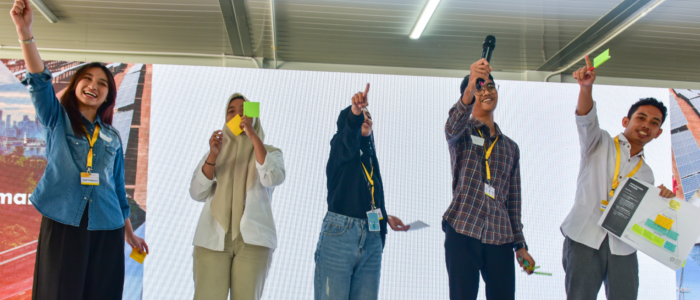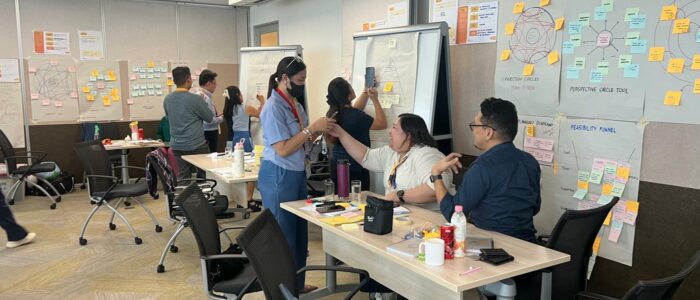International organisations and governments have been talking about the challenges facing the global economy for some time. Labour markets are experiencing pressure due to ageing populations. The rapid pace of technological change is causing certain skill sets to become obsolete or outdated. The World Economic Forum estimates that by next year, 2025, half of all employees worldwide will need reskilling, not including all those currently unemployed1.
Promoting and facilitating lifelong learning – defined as ‘the on-going access to the renewing of skills and the acquisition of knowledge2’ - is one solution being pursued at national and global level through a multi-stakeholder approach.
The benefits of lifelong learning are considerable. It is estimated that closing skills gaps around the world could boost global GDP by $11.5 trillion3. In the UK, if employment rates for those aged 50 to 64 matched the rates of those aged 35 to 49, the country’s GDP would increase by more than 5%4.
At an individual level, lifelong learning can:
Supporting lifelong learning is also a savvy business decision as it:
So, what does lifelong learning look like in practice? Research from the ILC5 as well as case studies from UNESCO Institute for Lifelong Learning6 provide examples of best practice from around the world. The findings show how a mix of different approaches can make lifelong learning a widespread mentality and behaviour:
While there is no one-size-fits-all approach, lessons can be drawn from these examples of best practice, and others around the world, to inform policies aiming to overcome the barrirs to wholesale adoption of lifelong learning. However, policymakers advise that the private sector will need to be involved, as businesses and communities play a crucial role preparing individuals for today’s challenges and tomorrow’s unknowns. Programmes like Shell NXplorers can play such a role, as one of the Shell NXplorers Pro students explains:
“In the future, the knowledge and skills I've gained from the NXplorers program, including thinking in terms of interconnected systems, planning for different possible futures, promoting sustainability, fostering innovation, working collaboratively and adapting to change, will be incredibly valuable. These abilities will help me tackle complex problems, make informed decisions in uncertain times, address global challenges, stay competitive, excel in teamwork, and thrive in a world that constantly evolves.” - Shell NXplorers Pro student
Ultimately, lifelong learning is crucial for unlocking a more prosperous and dynamic future, ensuring that societies remain innovative and inclusive.

